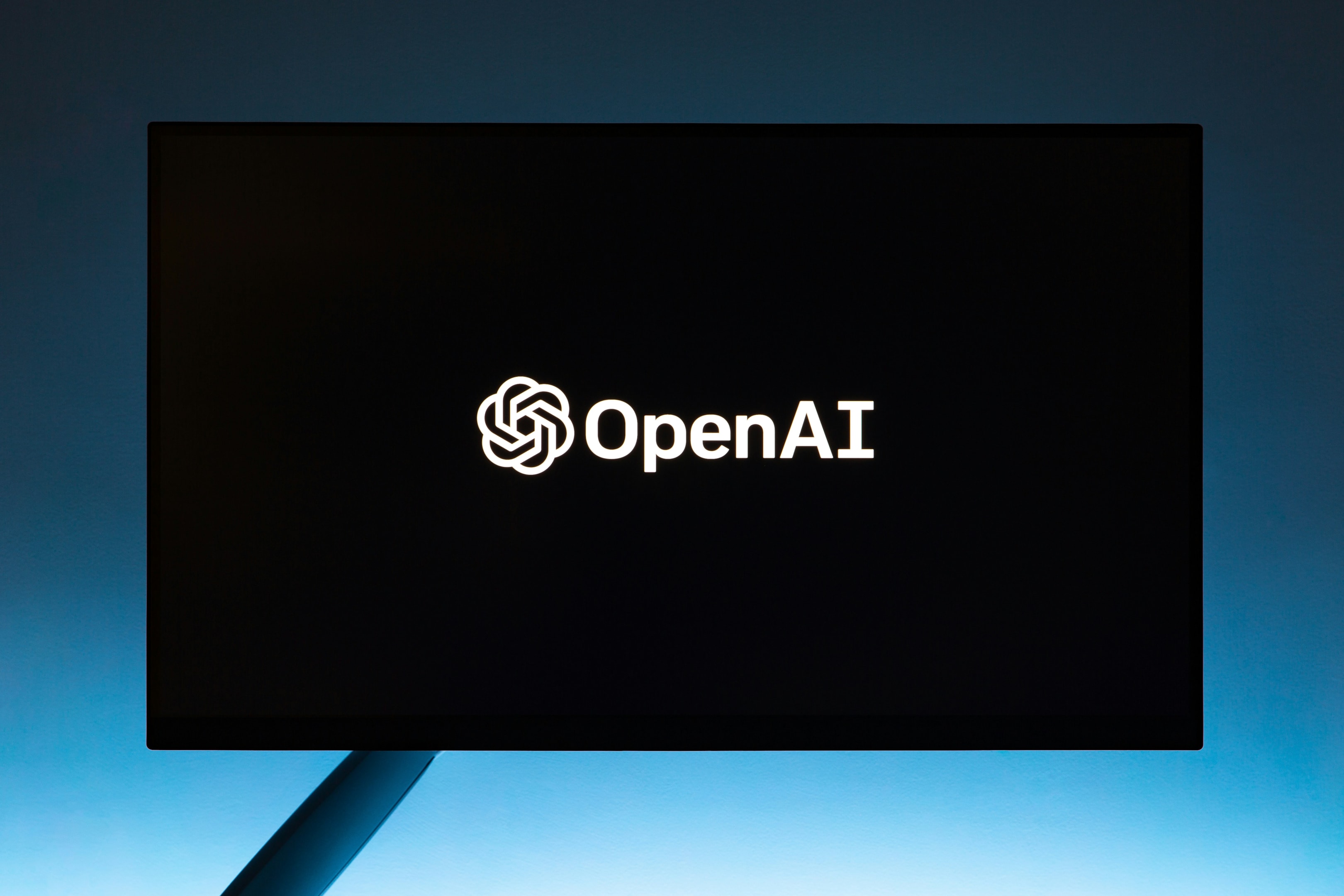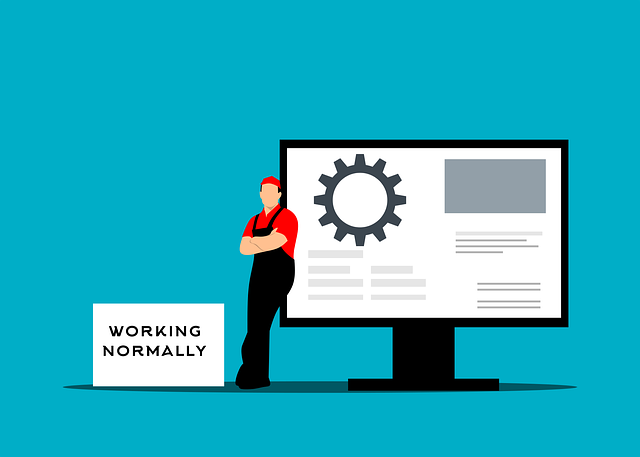 Andrea Stanisic
Andrea Stanisic10 software development myths to debunk in 2024

Software development is full of myths that can affect your business growth.
Believing these software myths can lead to wasted time, money, and effort.
For example, many think adding more developers will speed up a project. It is very logical but it can slow things down. It also costs more and messes up your project timeline. If you don’t know this it’s easy to make a mistake and unintentionally slow down your own business.
Understanding the common misconceptions in the industry is crucial for making informed decisions.
Myths in software engineering lead to poor decision-making and project failures, so it’s important to recognize these false beliefs so you avoid false expectations. First-time SaaS founders usually learn this the hard way.
This is why our list of 10 myths you must forget in 2024 ensures you don’t make these mistakes.
10 software development myths to avoid if you want your business to grow

Anyone can code
This is the number one software myth.
In reality, coding requires more than just basic computer skills. It demands logical thinking, problem-solving abilities, and attention to detail.
While learning to code is accessible, mastering it takes time and dedication. It involves understanding complex concepts and programming languages that evolve rapidly.
Coding isn’t just about typing commands. It’s about structuring logic to create functional software.
While anyone can start learning to code, becoming proficient requires a commitment to learning and practicing regularly.
An in-house team is better than outsourcing
Did you know that around 80% of the world’s top 500 companies outsource their development process?
There must be a good reason for it.
Despite this statistic, many smaller businesses believe that an in-house team is the best choice.
While having an in-house team offers certain advantages, outsourcing is usually the best way to go.
Outsourcing can provide access to a broader talent pool with specialized skills, often at a lower cost. It can also offer flexibility in scaling your team up or down based on project needs.
Maintaining an in-house team requires significant investment in recruitment, training, and infrastructure.
Outsourcing to a specialized software company can introduce fresh perspectives and innovative solutions that an in-house team might overlook. It can also help you stay focused on your core business activities while the external team handles the technical details.
So overall, outsourcing is the best way to go.
Programmers = software engineers
Some people think programmers are the same as software engineers.
However, while there is overlap, the roles are different.
Programmers primarily focus on writing and testing code based on specific instructions or requirements. Their work centers on implementing functionality and ensuring the code runs correctly.
On the other hand, software engineers not only write code but also design software systems, analyze user needs, and often participate in project planning and management. Software developer creates robust, scalable solutions that meet both technical and business requirements.
While both programmers and software engineers contribute to software development, the distinction lies in the engineer's broader involvement in the entire lifecycle of software projects.
All software development companies are the same

This is a very widespread myth in 2024.
In reality, there are significant differences.
Some companies specialize in certain industries, such as healthcare, finance, or gaming, and have a deep understanding of the specific needs and regulations in those fields.
Others might focus on specific technologies or methodologies, like agile development, cloud computing, or artificial intelligence.
Quality and experience vary widely as well. So to get the best service possible you need a solid partner with a proven track record and the right skill set, like brigit.dev.
ChatGPT will take over software engineering

This is one of the top customer myths software development companies deal with right now.
While AI is advanced and can assist with many tasks, it is unlikely that it will ever take over software development completely.
AI tools like ChatGPT can speed up development processes and help engineers troubleshoot issues more efficiently.
However, software engineering involves much more than just writing code. It requires creativity, critical thinking, problem-solving, and the ability to understand complex business requirements.
Engineers bring unique insights, intuition, and innovative thinking that AI cannot replicate. They can design systems, architect solutions, and make decisions based on a deep understanding of the project context and user needs.
Additionally, software engineering often involves collaboration, communication, and project management skills, which are areas where human touch is crucial.
AI can serve as a valuable tool for software engineers, but will never be a replacement.
Testing is optional
This is a very common myth, that can cause a lot of damage.
Testing is a critical part of the development process that ensures the quality and reliability of a software program.
Skipping testing can lead to significant problems down the line, including bugs, security vulnerabilities, and poor user experience. It can also lead to costly fixes, downtime, and damage to your reputation.
Testing helps identify and fix issues before the software program is released to users. It ensures that the software functions as intended, meets requirements, and provides a good user experience.
So testing is definitely not optional.
Once the product is done it's perfect (no maintenance required)

SaaS founders often think that once a product is finished, it’s perfect and requires no further maintenance.
In reality, a software development project requires ongoing maintenance and updates to remain functional, secure, and relevant. Because of this maintenance is a crucial part of the software development process.
After a product is launched, users might encounter new bugs or issues that were not detected during testing. These need to be addressed to ensure a smooth user experience. Additionally, user feedback often reveals areas for improvement.
Regular updates are also necessary to ensure compatibility with new operating systems, browsers, and hardware. Security vulnerabilities also emerge over time and it's important to protect user data and prevent breaches.
Furthermore, as a business grows and evolves, its software needs may change.
Ignoring maintenance can lead to performance issues, security risks, and user dissatisfaction. It can also cost you more in the long run due to all these problems.
More code means better software

The quality of code is far more important than the quantity.
Writing more code doesn't necessarily result in a better product. In fact, excessive or poorly written code can introduce bugs, make the software harder to maintain and reduce overall performance.
Good software development practices prioritize simplicity and clarity. This means writing code that is easy to understand and modify. Overly complex code can be difficult for other developers to work with, leading to increased time and effort when making changes or fixing issues.
Additionally, more code can lead to more potential points of failure.
Documentation is not important

Planning, teamwork, and documentation are crucial elements in any successful software project.
Documentation is a crucial aspect of the development process that significantly impacts the usability, maintainability, and scalability of the software.
In the software development process documentation helps address challenges, accommodate changing requirements, and help with post-delivery tasks, software testing, and ongoing development.
It improves understanding, and collaboration, ensures continuity, compliance, and standards, makes maintenance easier, etc.
Investing time in creating clear, comprehensive, and up-to-date documentation pays off by improving the quality and longevity of the software, allowing easier maintenance and collaboration.
The more features a product has the better it is
Many think that a large number of different and complicated features make software better.
In reality, adding more features can sometimes make software worse if not managed carefully.
It can badly affect performance, market fit, testing, maintenance, user experience, and the overall success of a product. Users can get overwhelmed by too many features and stop using the platform altogether.
Usability and functionality lead to a better product, not more features.
Conclusion
Mistakes are part of the learning process.
It’s not about avoiding them but about working smarter and not harder.
Debunking these common myths helps your business to operate more efficiently, deliver high-quality software solutions, and not waste resources.
Understanding and addressing management myths is crucial for making informed decisions and avoiding pitfalls.
It helps you position your business for long-term success.
With the right development team, your profit will exceed expectations.
So the best thing you can do today is partner up and hire those who have the skill, knowledge, and experience to help you achieve success.
Find the best software developers

If you need skilled software developers to work on your project brigit.dev can help you with that.
We are a software engineering agency focused on developing products that are easy to sell.
We can help you with a single project or offer a team extension as an outsourcing option.
Our services include:
-
Web app development
-
Mobile app development
-
AI&Blockchain app development
-
Backend development
-
UI/UX design
We work in almost all industries, including:
-
SaaS
-
FinTech
-
EdTech
-
MedTech
-
Social entrepreneurship
-
Logistics
-
E-commerce
And any other industry you might be from.
If you can imagine it, brigit.dev can develop it.